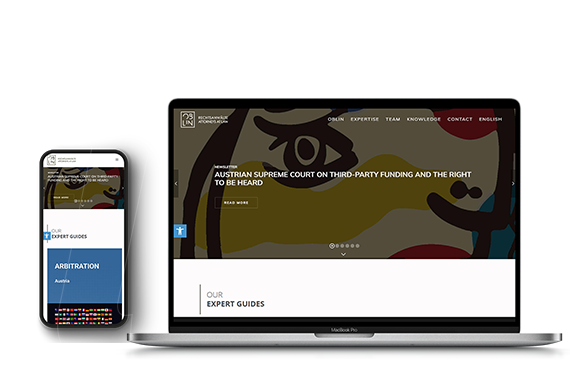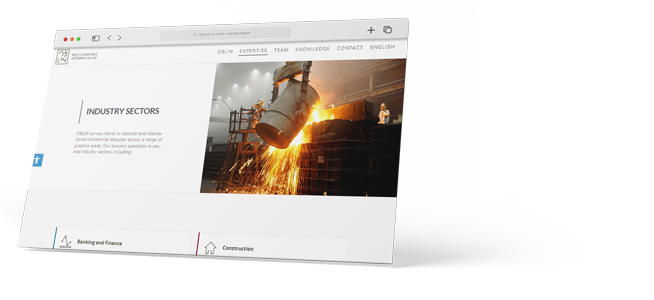
To share legal updates, provide educational content, and promote services of law firms through email campaigns.

Email marketing is a strategic approach to communicate with clients, prospects, and other stakeholders through email campaigns. This targeted communication method allows law firms to share legal updates, provide educational content, promote services, and maintain ongoing relationships with their audience. Key aspects of email marketing in legal marketing include building and segmenting email lists, crafting personalized and informative content, ensuring compliance with legal regulations, and leveraging automation tools for efficiency. This approach helps law firms enhance client engagement, showcase expertise, and stay top-of-mind with their audience in the legal industry.


A criminal lawyer in Berlin, Germany, with dozens of walk-in clients per day, asked SLASH to maximize their Local SEO efforts to stand out from their competition and implement a new fast-loading mobile website integrated with a CRM system to engage more efficiently and professionally with their clients.

Building Email Lists:
Segmentation:
Content Creation:
Personalization:
Compliance:
Automation:
Legal Updates and Insights:
Event Invitations:
Client Surveys and Feedback:
Promotional Emails:
Case Studies and Success Stories:
Legal Resources:
Mobile Optimization:
Analytics and Tracking:
Integration with CRM:
Legal Newsletters:
Data Security: